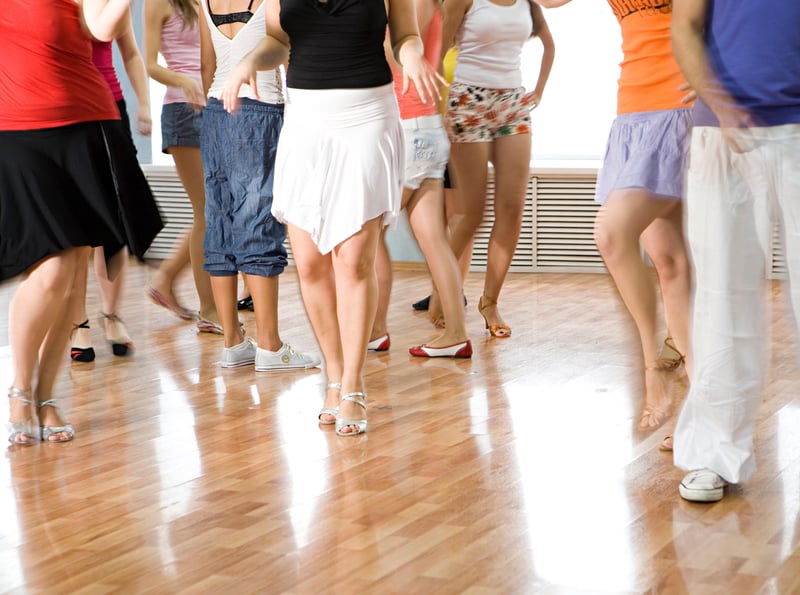(330) 876-1228
8507 Main StreetKinsman, OH 44428
(330) 876-1229

Someone who wants to work out, socialize and feel the beat at the same time may want to put on their dancing shoes.
Dancing has many health benefits, according to a doctor from the Hospital for Special Surgery in West Palm Beach, Fla., who is a competitive ballroom dancer.
"I have patients ranging in age from young children to 90-year-old adults who enjoy Latin and other styles of dancing,"said Dr. Kathleen Davenport, a physiatrist who specializes in the nonsurgical treatment of orthopedic injuries and conditions, with special expertise in dance medicine. She is also company physician for the Miami City Ballet.
"Dancing checks a lot of boxes. In social dancing, you interact with different people and can make new friends, which has multiple psychological benefits,"Davenport explained in a hospital news release. "On the physical side, you need good balance, you need core strength, you need strength in your lower and upper extremities if you're doing partner work. Dancing can also be an excellent cardio workout."
Physical exercise is also good for brain health, according to research.
"When dancing you need to remember the steps and how to do them," Davenport said. "We have found that dancing is beneficial for people of all ages as it can help keep memory active as we go through our years."
Good practices help prevent injury when beginning dancing for fitness and fun, and Davenport offers these tips:
For those who love it, dancing can just feel good, Davenport said.
"When you do something enjoyable, particularly physical exercise, endorphins are released, which are our 'happy' hormones," she said. "By releasing these hormones, our body encourages us to keep engaging in these activities."
More information
The American Academy of Orthopaedic Surgeons has more on starting an exercise routine.
SOURCE: Hospital for Special Surgery, news release, June 30, 2023
